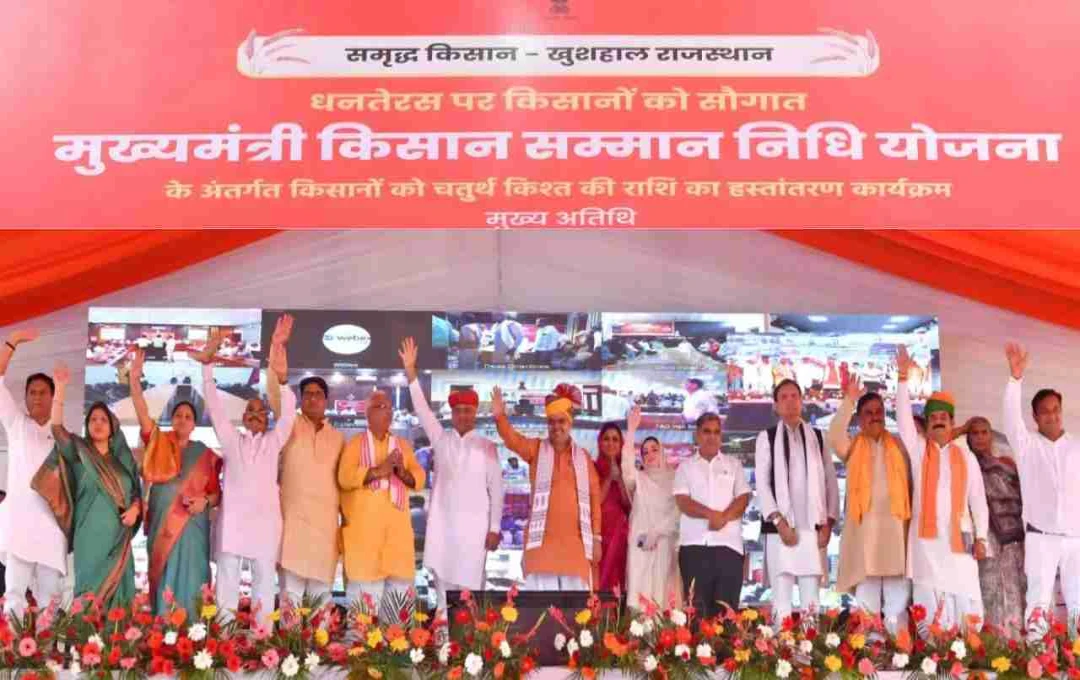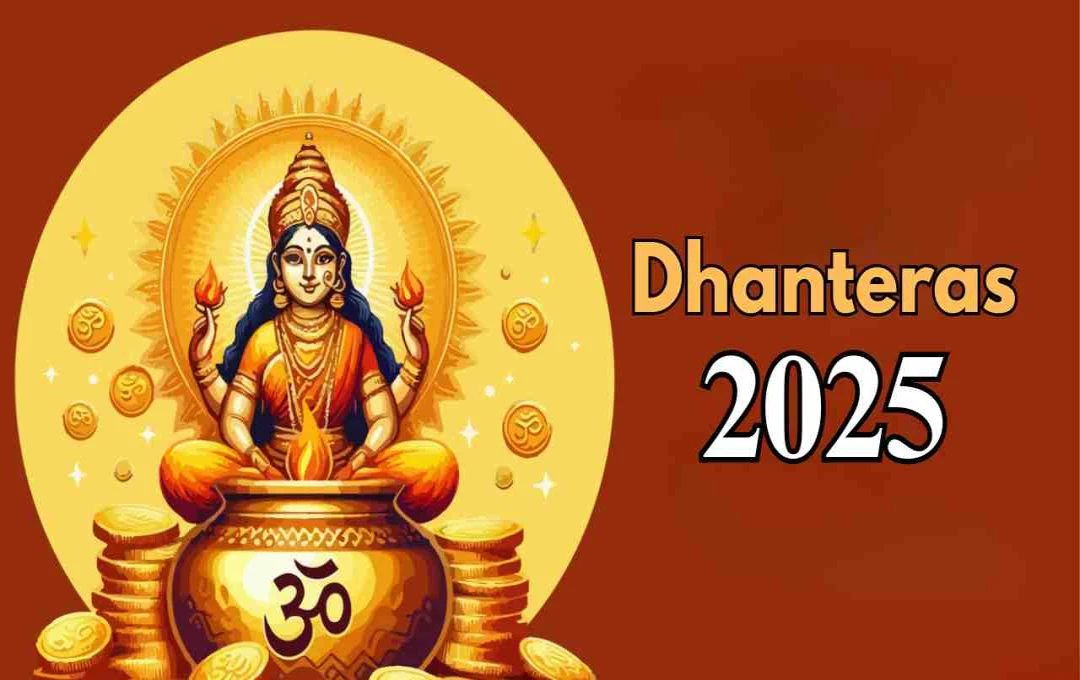Senior citizens have a significant opportunity for tax savings in Assessment Year 2025-26. Under Section 80TTB, they can avail deductions on interest earned from savings accounts, fixed deposits, and post office deposits. By following the correct procedure, senior citizens can save thousands of rupees in taxes.
Tax Savings Tips for Senior Citizens: The process of filing Income Tax Returns for Assessment Year 2025-26 is underway, and during this period, the government has provided special relief to senior citizens. Under Section 80TTB, individuals aged 60 years or above can avail tax benefits on interest income received from savings accounts, fixed deposits, and post office deposits. This provision is particularly important for senior citizens who earn income from their savings and wish to reduce their tax burden. This can potentially lead to annual savings of thousands of rupees.

What is Section 80TTB and How Does it Provide Benefits

Introduced in the budget for FY 2018-19, Section 80TTB is a significant relief provision for senior citizens. Under this section, a tax deduction of up to ₹50,000 can be claimed on interest income earned from deposits in banks, post offices, and cooperative societies. Notably, this includes not only savings accounts but also fixed deposits and post office deposits.
Who is Eligible for the Benefit

This facility is exclusively for resident Indian senior citizens, meaning individuals aged 60 years or above. However, this exemption is available only under the old tax regime. Those who opt for the new tax regime (Section 115BAC) will not be able to avail this benefit.
On Which Income is the Rule Applicable

Interest income derived from savings accounts, fixed deposits, and post office deposits is covered under Section 80TTB. This is why this provision is extremely beneficial for senior citizens, as a significant portion of their income often comes from these sources.
Understanding Tax Savings with an Example

For instance, let's assume a senior citizen has an income of ₹8,000 from a savings account, ₹1,80,000 from fixed deposits, and ₹3,00,000 from pension. In this scenario, their total income amounts to ₹4,88,000. However, after claiming a deduction of ₹50,000 under Section 80TTB, their taxable income will be reduced to ₹4,38,000, resulting in direct tax savings.
Documentation and Ease of Process

No additional paperwork is required to claim this exemption. Standard documents such as a PAN card, bank statements, and interest certificates are sufficient. This makes the provision very simple and accessible for senior citizens.
Difference Between 80TTA and 80TTB

Individuals below 60 years of age and HUFs (Hindu Undivided Families) can claim a deduction of up to ₹10,000 on interest earned from savings accounts under Section 80TTA. In contrast, Section 80TTB is more beneficial as it includes fixed deposits and post office deposits, with a higher deduction limit of ₹50,000.
Relief from TDS and Section 194A

TDS (Tax Deducted at Source) on interest income is calculated under Section 194A. The threshold for senior citizens here is ₹50,000, whereas for other individuals, it is ₹40,000. The Union Budget 2025 has proposed increasing this limit to ₹1,00,000 and ₹50,000, respectively. This could provide even greater relief to senior citizens.
Why it is Special for Senior Citizens
A significant portion of senior citizens' income relies on interest and pensions. In such cases, Section 80TTB directly reduces their tax burden and provides them with financial security. This provision not only serves as a means of tax saving for them but also as a way to ease their livelihood.













